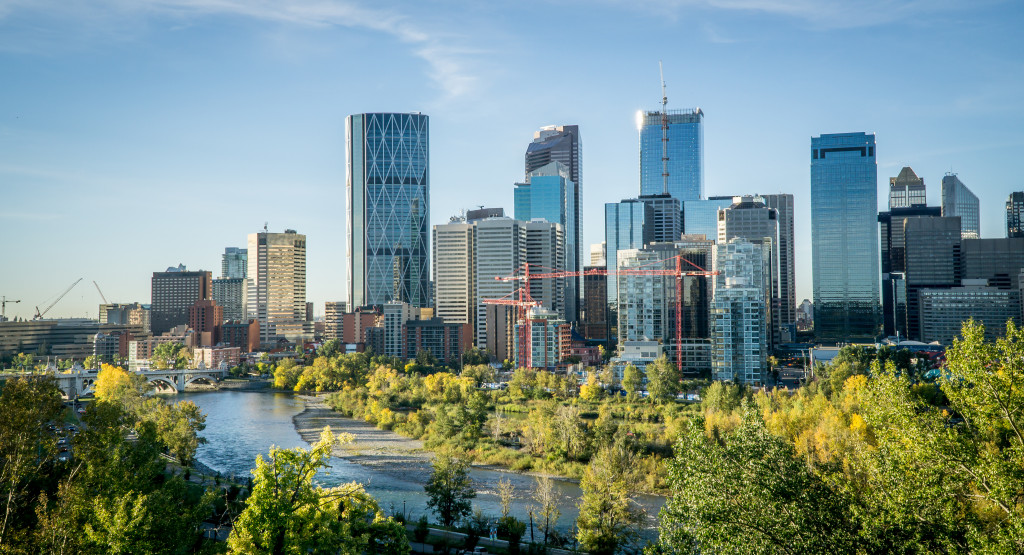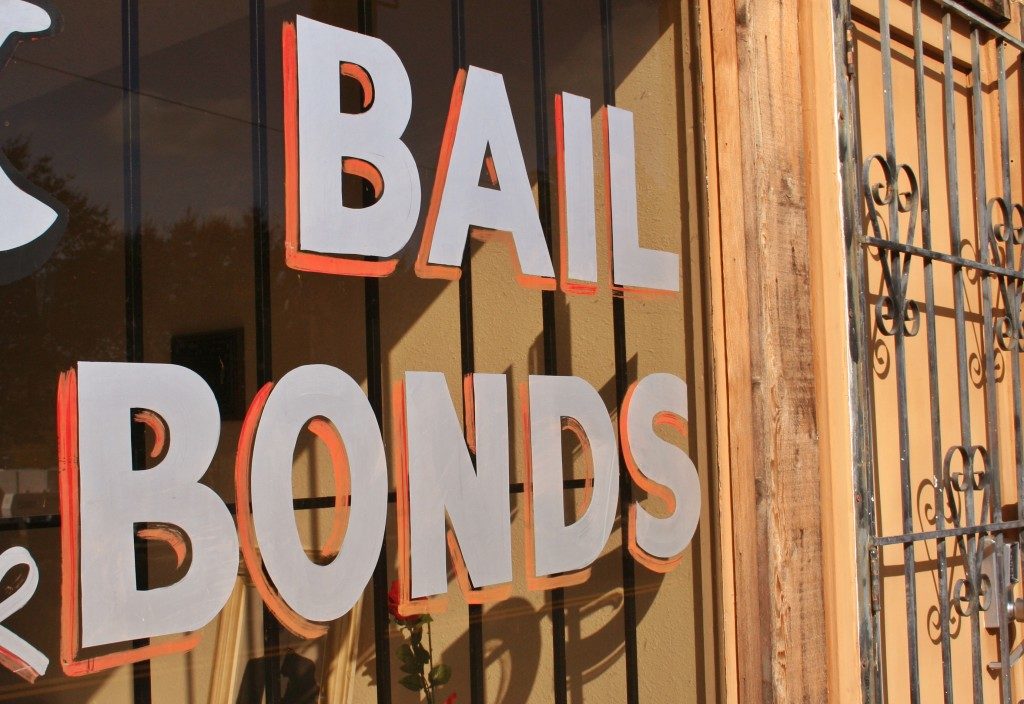Canada is a great place to live. It has a rich culture and history and many opportunities for people to get involved in the community. The country is also home to some of the most beautiful scenery in the world and is a great place to raise a family. But, if that’s not enough for you, you should also know that Canada is experiencing a labor shortage.
Thecurrent labor shortage in Canadais affecting many industries, including the agriculture, construction, and manufacturing sectors. There are many reasons for this shortage, including the aging population and the increasing demand for skilled workers.
The government is doing its best to address this issue by working with businesses to create training programs and incentives for people to enter certain professions. However, it will likely take some time for the labor shortage to be resolved. In the meantime, businesses are struggling to find qualified workers, and many people are finding themselves out of work. This should be a signal for you to move into this beautiful country. However, before you do that, you should know a couple of laws. The first of which is immigration laws.
Immigration Laws
The Canadian government has set up a points-based system to assess potential immigrants. The system evaluates your skills, work experience, and education. You will be awarded points based on these factors, and the minimum number of pointsrequired to immigrate to Canada is 67.
You can also earn points by having a family member who is already a citizen or permanent resident of Canada. If you have a spouse or common-law partner, they can also apply for permanent residency under the spousal sponsorship program.
There are other ways to immigrate to Canada, such as through the refugee program or investing in a business. However, these programs are much more complex than the points-based system and require professional help.
Additionally, it’s also essential that you know about immigration bonds in the country. These bonds guarantee that you will obey the conditions of your visa and not overstay your welcome in Canada. The immigration bond is refundable, but you will only get your money back if you follow the terms of your visa. If you don’t exactly know how to pay these bonds or how to refund them, then consider gettingprofessional help for immigration bonds. Various consultants can help you out. These consultants can help lead you the right way when immigrating into the country.
It’s also good to know about languages in the country. Canada has two official languages: English and French. However, most of the population speaks English, so you will likely not have any trouble communicating with people in the country. French is more common in some areas of the country, such as Quebec. If you plan on moving to Quebec, it’s a good idea to learn basic French.

Employment Laws
The employment laws in Canada are very similar to those in other developed countries. You are entitled to a minimum wage, paid vacation, and sick days. You also have the right to join a union if you wish
There are some differences between Canadian employment law and other countries laws. For instance, in Canada, you can be fired without cause. This means your employer does not need a reason to let you go. They can give you notice that they are terminating your employment.
However, some protections are in place for workers who are fired without cause. For instance, you may be entitled to severance pay if you have worked for your employer for some time. You should speak to an employment lawyer to learn about your rights and options if you have been fired without cause.
Housing Laws
The housing laws in Canada vary from province to province. However, some federal laws apply to all provinces, such as the right to a safe and secure home.
In general, landlords in Canada must keep their properties in good repair and follow the health and safety codes. They must also give you at least 24 hours before entering your home.
Tenants in Canada have the right to withhold rent if their landlord does not keep the property in good repair. However, it’s important to note that this is the last resort and should only be done under the advice of a lawyer or housing advocate.
Some many other rights and obligations that come with being a tenant in Canada. For instance, you may be required to give your landlord a damage deposit when you move in. This deposit usually equals one month’s rent and covers any damage you may cause to the property.
You should always read your lease agreement carefully before signing it. This document will outline your rights and obligations as a tenant. If you have any questions, ask your landlord or a housing advocate.
Canada is one of the best places to live in the world. It offers a high standard of living, great job opportunities, and stunning scenery. If you’re considering moving to Canada, make sure you are familiar with the country’s laws. This will help ensure that your transition to life in Canada is as smooth as possible.



